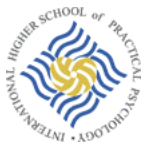Detailed introduction of International Higher School of Practical Psychology:
Introduction and Overview
International Higher School of Practical Psychology is located in Riga, the capital of Latvia. It is a private institution that provides higher education courses in multiple disciplines and is committed to cultivating practical professionals. Its courses cover multiple levels from undergraduate to doctoral, providing students with opportunities for systematic professional learning and in-depth research.
History and Establishment Time
The school was established in 1988.
School Strength
Faculty: It has a professional team of teachers who have rich teaching and practical experience in psychology and related fields, and can provide students with high-quality education and teaching guidance to help students master practical professional knowledge and skills.
Teaching Resources: It is equipped with relatively complete teaching facilities, such as libraries, sports facilities, etc., which provide good conditions for students' study and life. The school's library has a rich collection of professional books, academic journals and research reports to meet students' learning and research needs; sports facilities provide students with a place to exercise and relax.
International Cooperation: Actively carry out international cooperation and establish cooperative relations with universities and research institutions in many countries, such as the Department of Psychology of St. Petersburg University in Russia, the Institute of Psychology of Lyon Lumière University in France, and the New Mexico Psychosynthesis Association in the United States. Through international cooperation, the school provides students with opportunities to participate in international exchange programs, academic seminars and internships, broadening students' international vision and enhancing their international competitiveness.
Institutional Nature
Private higher education institution.
Educational Philosophy
Focus on cultivating students' practical ability and professional quality, emphasizing the combination of psychological theory and practical application, so that students can quickly adapt to their jobs after graduation and provide professional psychological services to the society.
Key laboratories and disciplines
Key disciplines: Psychology is the core key discipline of the school. It also covers multiple disciplines such as arts and humanities, language and culture, business and social sciences, medicine and health, science and technology, etc., providing students with a wide range of learning options.
Key laboratories: No clearly named key laboratories were found in the school, but judging from its discipline settings, it may be equipped with corresponding professional practice places and equipment in disciplines such as psychology to meet students' practical teaching needs.
Department Settings
The school has departments such as the School of Economics, the School of Journalism and Political Science, the School of Information Technology, the School of Law, the School of Natural Sciences, the School of Social Sciences, the School of History, the School of Engineering, the School of International Relations, the School of Medicine and Health Sciences, and the School of Arts, offering degree programs from undergraduate to doctoral degrees.
Ranking
According to Edurank.org, the school ranks 10,965th among 14,131 institutions in the world, 2,748th among 2,785 institutions in Europe, 25th among 28 institutions in Latvia, and 20th among 21 institutions in Riga.
Expenses
Undergraduate: Tuition fees are usually between $4,500 and $5,500 per year.
Master: Tuition fees are between $3,700 and $7,500 per year.
PhD: Tuition fees are between $14,000 and $15,500 per year.
Living expenses: about $1,350 to $4,600 per month USD.
Campus
Campus location: Located in Riga, the capital of Latvia. Riga is one of the important cities in the Baltic region. It has rich historical and cultural heritage and good urban facilities, providing convenient conditions for students' study and life.
Campus facilities: The campus has libraries, sports facilities, etc. The library not only has textbooks and academic works, but also classic literary works; sports facilities include sports fields and various sports clubs. Students can participate in various sports activities, exercise, and enrich their extracurricular life.
-

Riga Technical University
-

Riga Stradins University
-
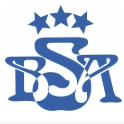
Baltic International Academy
-
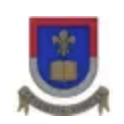
Daugavpils University
-
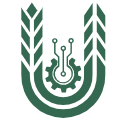
Latvia University of Life Sciences and Technologies
-
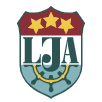
Latvian Maritime Academy
-
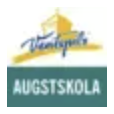
Ventspils University of Applied Sciences
-

Vidzeme University of Applied Sciences
-
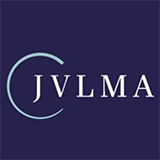
Jazepa Vitola Latvian Academy of Music
-
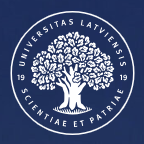
University of Latvia
-

Mesoamerican University
-

Istmo University
-

Mariano Galvez University of Guatemala
-

Regional University of Guatemala
-

Galileo University
-

Francisco Marroquín University
-

Rafael Landívar University
-

University of the Valley of Guatemala
-

University of San Carlos of Guatemala
-

Technological Institute of Tlaxcala Plateau
-

Golfo University
-

Technological University of South Sonora
-

Technological University of Huejotzingo
-

Tizimín Institute of Technology
-

Chilpancingo Institute of Technology

